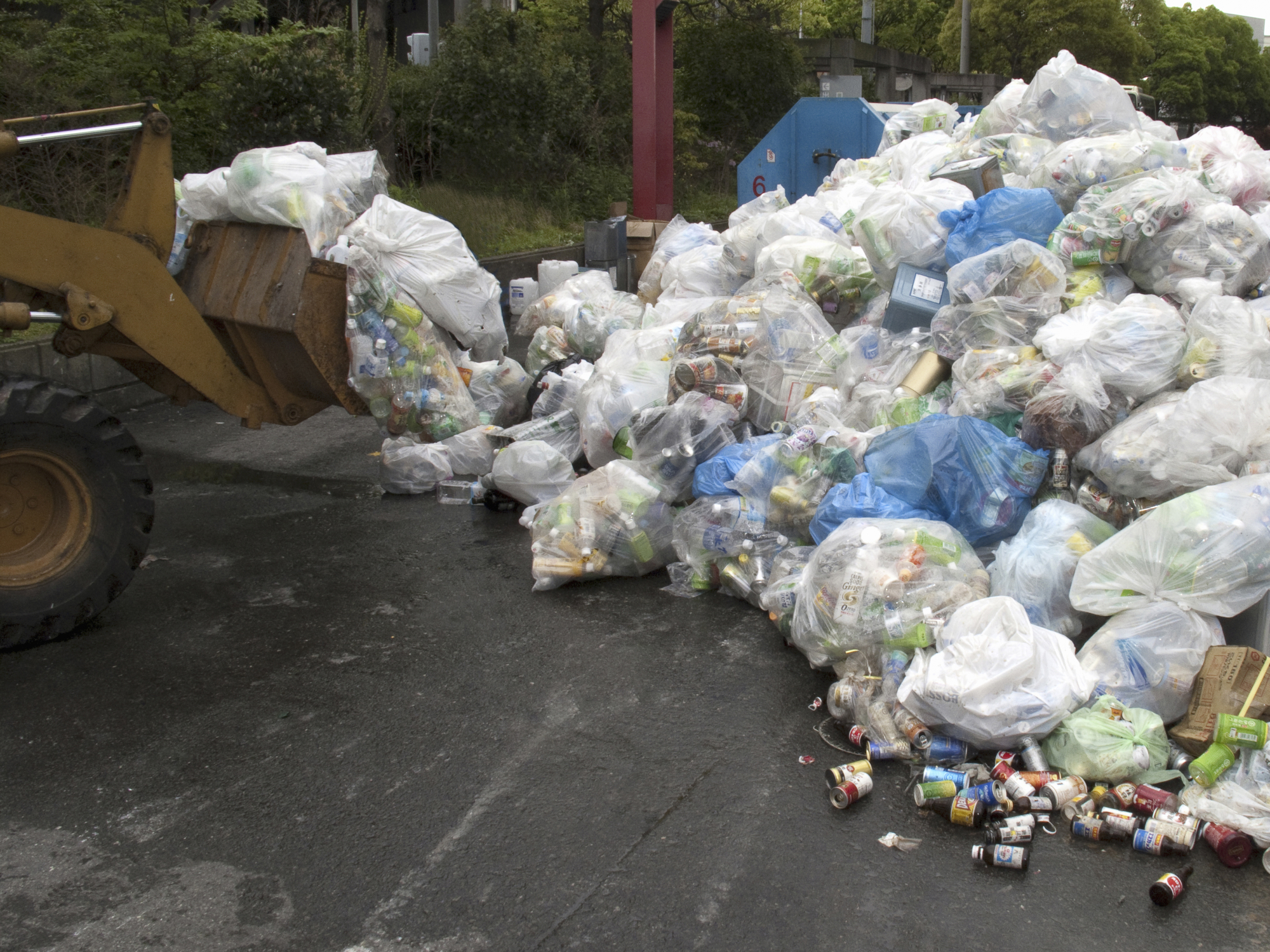Last month, news outlets all over the world reported on the discovery of a plastic shopping bag at the bottom of the Mariana Trench near the Philippines, the deepest point in the Earth’s oceans. The discovery was made by a group of Japanese researchers studying images from deep-sea exploration projects, and what’s chilling about the finding is that it was from footage recorded in 1998, which likely means even more plastic has accumulated at the bottom of the sea in the meantime. In spite of the Japanese angle, the story wasn’t picked up domestically with the same measure of alarm as it was overseas.
That’s especially odd because Japan is surrounded by ocean, and the problem of plastics in the sea has become a topic of intense concern. One significant wake-up call was China’s announcement that it would no longer accept imports of waste plastic for recycling. In response, the European Union has proposed much stricter standards for one-use plastic packaging and paraphernalia, including a possible ban on plastic straws and stirrers. Japan has announced no similar countermeasures even though China’s move affects Japan more directly. Japan exported 72 percent of its waste plastic to China in 2017, according to the May 9 installment of the NHK in-depth news program “Close-up Gendai,” and will now either have to find a new destination for this refuse or handle it on its own.
“Close-up Gendai” starts by citing a BBC report that states how China’s announcement has sent shock waves throughout the world. The NHK announcer says that so far there has been no appreciable effect on Japan, but storage for plastic waste has reached saturation levels in many places. China’s standard of living has improved greatly in recent decades and the damaging effects of plastic consumption on the environment have gained more weight than the “demand” for waste plastic as a “resource.” China means to clean up its act, and thus will no longer be the dumping ground for the world’s plastic.


















With your current subscription plan you can comment on stories. However, before writing your first comment, please create a display name in the Profile section of your subscriber account page.